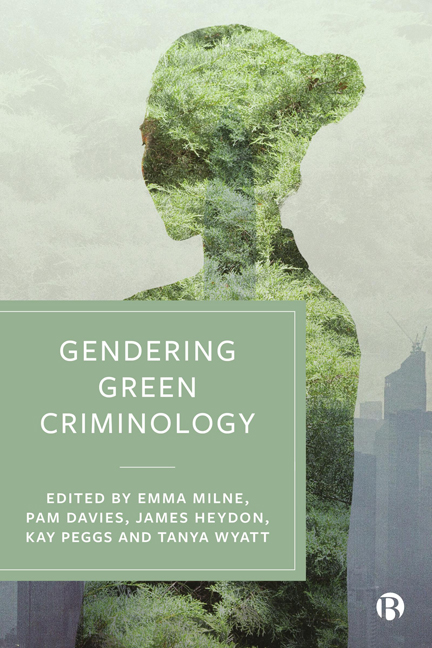15 - David and Goliath: Exploring the Male Burdens of Patriarchal Capitalism
Published online by Cambridge University Press: 28 March 2024
Summary
Introduction
This chapter provides commentary on the burdens experienced by men in combating ecological destruction and in particular contesting the pressures and limits of patriarchal capitalism. A central focus is climate change and the responses of men to the challenges and burdens generated by global warming. There are rapid transformations occurring in the social, political and environmental landscape. This is a global process which is experienced differentially within the world's male population depending on social status, economic resources and geographical location. Precisely because material circumstances vary, the responses of men to climate crises likewise varies. Why and how this is the case informs the main discussions in this chapter.
At the heart of the chapter are two central conceptual considerations. The first relates to gender inequality and gender difference; the second to the materiality of masculinity as a lived practice. In relation to the first consideration, there is ample evidence that climate change is not genderneutral. This is demonstrated by its effects on farming. For example, in the least affluent countries, in Africa and elsewhere, 79 per cent of women who are economically active report agriculture as their primary economic activity. Yet, only between 10 and 20 per cent of all landholders are women (UNDP, 2013). Women are especially vulnerable to the consequences of climate change, in part due to the prior disadvantages they suffer generally. For instance, compared with men, women have less access to land, financial services, livestock, social capital and technology. Impoverishment and lower social status weaken the ability of women to be resilient in the face of the burdens associated with climate change. These are compounded by the extra responsibilities associated with caring work for children, the ill and the elderly. Dramatic changes in temperature, climate and seasons exacerbate existing inequalities and hardships (United Nations Women Watch, 2009; UNDP, 2013).
Women who farm in the advanced capitalist countries likewise suffer from the consequences of entrenched gender inequalities. A major outcome of years of drought in Australia, for example, is an increase in women's labour on and off the farms. It is anticipated that with further global warming, the nature of agricultural labour will continue to change, including greater contributions being asked of farming women. Yet, women's labour remains largely taken-for-granted and is largely invisible in relation to policy development and national responses to climate change (Alston et al, 2018).
- Type
- Chapter
- Information
- Gendering Green Criminology , pp. 289 - 303Publisher: Bristol University PressPrint publication year: 2023



